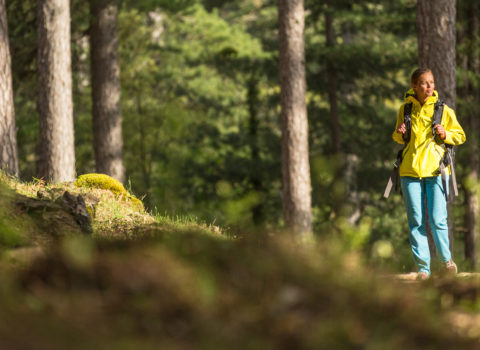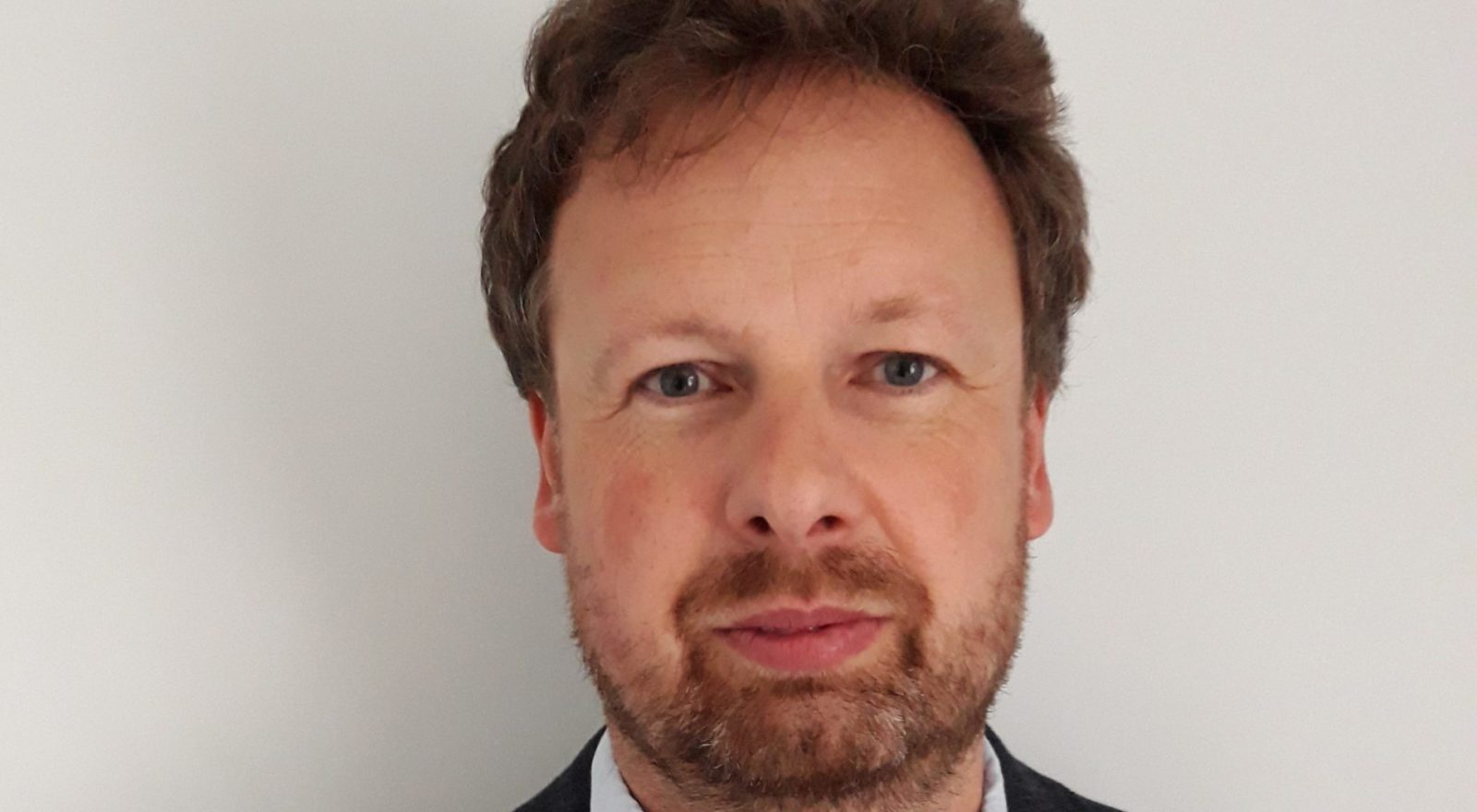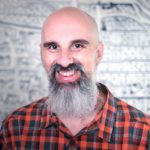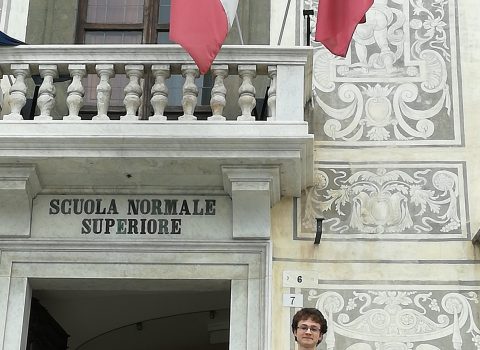
Interview with Gert Aarts ECT* center director
"All people forced to flee have the right to be protected and to rebuild their lives, without distinction". This is the motto of the World Refugee Day, which is celebrated on June 20. To commemorate this anniversary, we asked the Director of the European Center for Theoretical Studies in Nuclear Physics and Related Areas (ECT*), Gert Aarts, a few questions regarding the initiative aimed at Ukrainian researchers that will include three visiting scientists in the coming months within the Villa Tambosi Center. The Director explains how the initiative came about, how it has been received, and what the implications are for FBK and the scientific community.
What brought you to launch the call for Ukrainian scientists and how did the Board/Center react?
First of all, thank you very much for the opportunity to discuss this initiative. I think it is very important for the scientific community to be able to contribute and to make this known to the wider public. When Russia invaded Ukraine, there was a quick response from European countries and national science funding agencies to condemn this action. Since ECT* is a member of NuPECC, the Nuclear Physics European Collaboration Committee, and I represent ECT* within NuPECC as ECT* Director, I followed these developments closely in the context of the Nuclear Physics community. The emphasis was initially on the suspension of collaborations with Russian entities, but it is important to counterbalance this with positive action as well. Indeed, a number of institutions worldwide quickly offered fellowships or student places to Ukrainian researchers caught up in the war. I felt that ECT* as a European Research Centre should play a role here and hence I discussed this idea first within the Centre and subsequently with the ECT* Scientific Board and FBK. Luckily everyone was in agreement that this is an important initiative which should be supported.
How did you disseminate the initiative, reach the target, and create visibility for the Center?
After we agreed upon on what ECT* could offer, we formulated the initiative as a call for ECT* Visiting Scientist positions for Ukrainian researchers. We disseminated it via the usual channels: ECT* has a list of about 800 ECT* associates, consisting of researchers who participate in our workshop and training programmes; via NuPECC; via social media, and via domain-specific email lists. Finally, I happened to give a plenary talk at the Quark Matter conference in Krakow in April, which was attended by about 900 participants (in person and online), where I promoted the initiative as well.
In a few weeks the first selected candidate will arrive in Italy with his family. How does ECT* plan to welcome him and the other people arriving in Trento, taking into account their needs?
Concerning practical matters, I am very grateful to the staff at ECT* and at FBK who take care of many practical issues, such as visas, health care and housing. We host many people during the year as workshop participants (for short-term visits) or as research fellows (for longer-term visits), so the experience is there. In this particular case, I hope ECT* can provide a place where the researchers and their families can find some respite from the difficult past months, and also, if they feel they are up to it, discuss science with our local researchers.
Initiatives of this kind have found favor both within FBK and the international scientific community. In a scenario that foresees an increase of displaced people and refugees, how do you imagine the impact of future visiting/welcoming/mobility programs?
This is a very important point. One of the potential criticisms raised against this and similar initiatives was why did ECT* (or other institutions for that matter) not do something similar in the case of previous refugee crises. This is a valid point, but my response was twofold: 1) one cannot go back and change the past 2) one cannot decide to not act now because one did not act before, because then nothing will happen. Fortunately we do have some control over the future and I am very pleased that FBK has been so supportive of the scheme. In particular, we may consider it as a pilot scheme for future initiatives, involving also the other FBK centres, should similar scenarios arise. It is important for ECT*, FBK, and other institutions, to not only carry out scientific research and innovation, but also contribute to society in a wider sense.
What do you think are the consequences of conflicts on research activities for those who risk being limited (for example Russian scientists)?
Also this is a very important point. In principle, the scientific community is a global community, not keen to exclude individuals. In this particular case, the response to suspend collaboration was taken quickly at the European level. It is my hope that we will be able to reconnect with those individuals who have been excluded through no fault of their own. ECT* strives to play an important role in bringing nuclear physicists together across political divides and will continue to embrace and promote scientific collaboration as a driver for peace in Europe.


